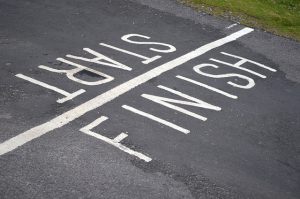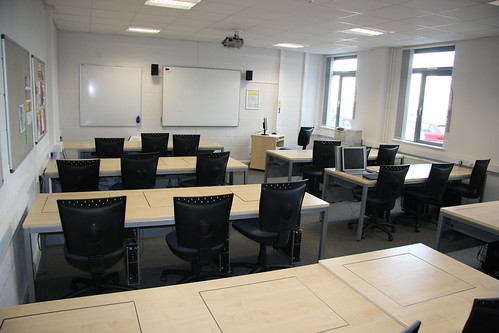Sometimes, an academic semester seems to drag on and on; at other moments, it zips by in a flash. Happily, Fall 2016 fell into the latter category. It moved at a fast clip, which was somewhat surprising given the intellectual ambitions of my two courses. One was an undergraduate seminar called “Pious Forgeries” that explored a raft of celebrated textual and artifactual fabrications from the ancient Near East on into the United States of the 19th century and then Israel of the 21st; the other was a graduate seminar that took the measure of contemporary Jewish life in all of its bewildering variegatedness. Both trafficked in detail, heaps of it.

At no point in the semester, though, did I feel that the students had lost their way. On the contrary. Both the undergraduates and the graduate students seemed to relish the complex array of issues that were brought to bear: issues of identity, belonging, improvisation, accountability and faith, the weight of the past. Over the course of the term, they grew bolder, more confident in their ability to parse a text, to keep conversation afloat, to value one another’s ideas.
We ended on a good note, too. In our last class together, the undergraduates were treated to a behind-the-scenes tour of the Smithsonian’s Museum of Natural History where, among other things, we peeked inside a laboratory given over to the study of ancient bones, held in our hands both authentic and fraudulent pieces of ancient statuary and learned what it takes professionally to distinguish one from the another. The vastness of the museum, whose stairwells alone were enough to take one’s breath away, added to the expansiveness of the experience.
Although the graduate students didn’t travel too far afield, they had an opportunity to present their final projects amid the high spirits and good eats of a potluck supper. The display of intellectual camaraderie was heartening and uplifting -- and the food wasn’t too shabby, either.
All in all, a good run….But in this instance, as in so many others, term limits do come in handy. ‘Best to end before the intellectual momentum gives out. Besides, a new semester with its own set of challenges awaits.


